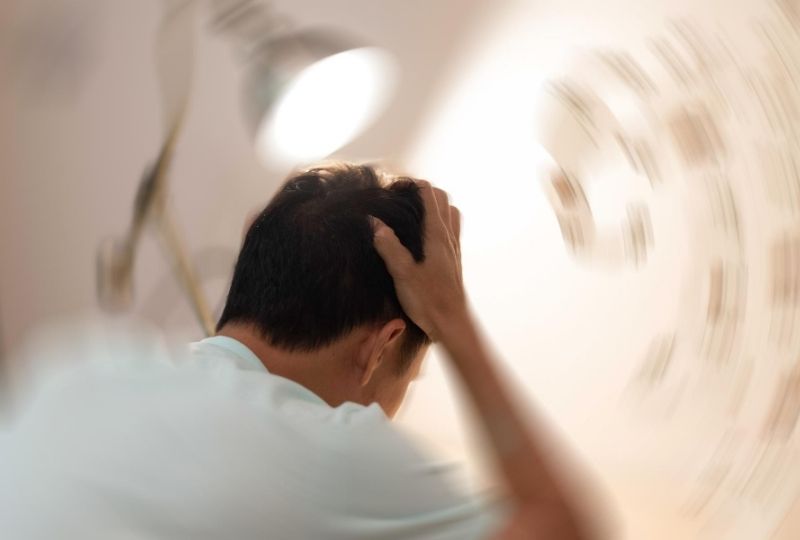Several recent studies have revealed the links between concussion, and increased risk of being diagnosed with ADHD, mood and anxiety disorders, dementia and Parkinson’s disease later in life. Research has also shown lasting and immediate links between concussion and sleep disorders.
Concussion leading to later life diagnosis of ADHD, anxiety disorders and dementia
Researchers from Canada used 25 years of population-based health data between 1990 and 2015, involving almost 50,000 cases of concussion from people living in Manitoba, Canada.
The study, published in the BMJ, found several long term effects in the population over the 25 years of the study.
Individuals who suffered a concussion were more likely to be diagnosed with ADHD, or attention-deficit hyperactivity disorder, mood and anxiety disorders, dementia and Parkinson’s disease later in life.
The results showed that women were more likely to develop ADHA and mood and anxiety disorders, but there was no sex difference between men and women when it came to the risk of developing Parkinson’s disease or dementia. Interestingly, the research showed that those who experienced a second concussion were increased the risk of dementia, and a third concussion made it more likely that people would be diagnosed with anxiety and depression.
Though more research is needed, the researchers hypothesise that this increased risk may potentially be caused by abnormalities the nervous system, blood flow and use of oxygen in the brain following a concussion.
Concussion results in lasting sleep disorders and fatigue for some patients
Meanwhile, researchers from Norway, writing in the Journal of Neurotrauma, have found that individuals can experience long-term sleep disorders, after tracking 400 patients treated in accident and emergency following a concussion over 18 months.
They found that following a concussion, people experienced increased sleep need, poor sleep quality, excessive daytime sleepiness and fatigue. For some, these symptoms persisted over the long term. The research also showed that people who had experienced complex/more severe concussions had higher levels of fatigue than those who experienced mild/less severe concussions, suggesting a link between severity of injury and fatigue.
NRC’s brain injury medical expert witnesses
NRC Medical Experts specialise in expert witness reporting and testimony when it comes to brain injury and associated complex needs assessments. Fatigue, anxiety and dementia can have significant and life-changing impacts on a person’s ability to function in normal life.
From causation reports to life expectancy reports, our experts are best placed to provide detailed assessments of the impact of serious and catastrophic injury.
To learn more, please book a pre-instruction conversation with our leading experts or instruct us today.

